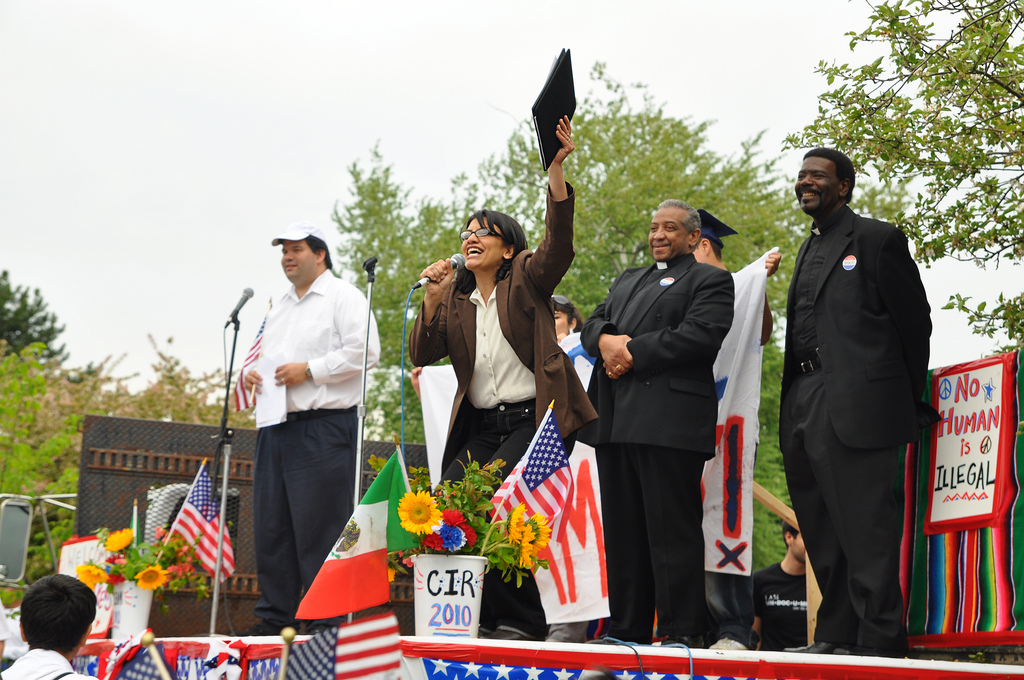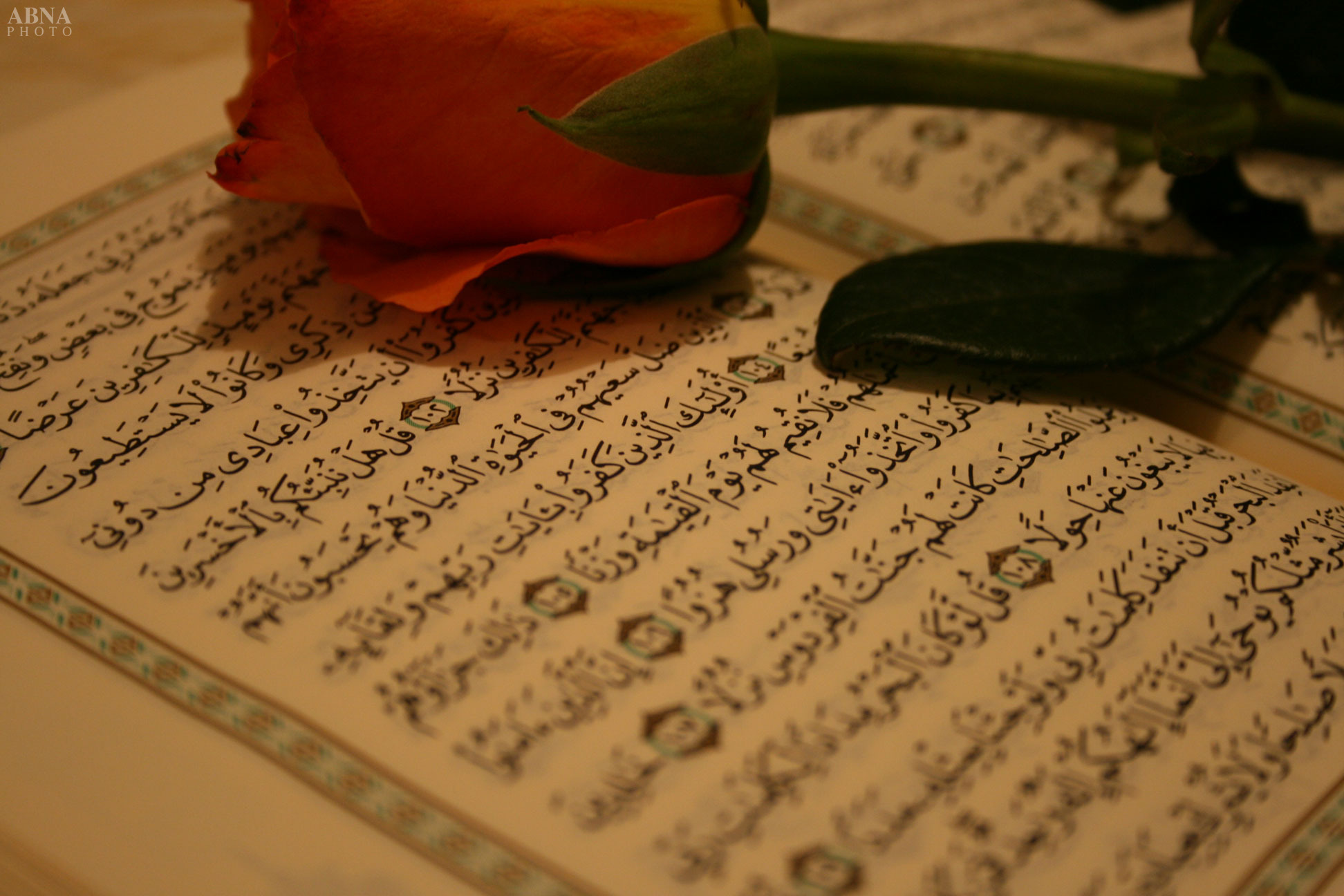It has been three months since my story, Why Yes, I’m an Islamophobe, was published. The response to this article, has actually, become a matter of great concern for me now because I did not think there would be rishtas (proposals) from families of men pouring in from the US, UK, Canada and Europe, as my mother quoted to one of my aunts, recently. My mother could not handle the situation because “lesbian”, “gay”, “queer” are terms that are beyond her vocabulary. Her classical response to my relatives is, “Well, you know Fakhra,” followed by a quiet that is frustrating. Additionally, since I lost my job recently and have few prospects – most of which are from my “ex-rapists” – to my mother, rishtas seem like the most logical solution to “save my face” whereas for my father, I have no updates on my job status.
It has been three months since my story, Why Yes, I’m an Islamophobe, was published. The response to this article, has actually, become a matter of great concern for me now because I did not think there would be rishtas (proposals) from families of men pouring in from the US, UK, Canada and Europe, as my mother quoted to one of my aunts, recently. My mother could not handle the situation because “lesbian”, “gay”, “queer” are terms that are beyond her vocabulary. Her classical response to my relatives is, “Well, you know Fakhra,” followed by a quiet that is frustrating. Additionally, since I lost my job recently and have few prospects – most of which are from my “ex-rapists” – to my mother, rishtas seem like the most logical solution to “save my face” whereas for my father, I have no updates on my job status.
When I saw my story getting wide circulation on Twitter, I could not help notice the various interesting labels I was being identified with. Here are some of the labels that were simply horrifying for me:
1. Ex-Muslim lesbian
2. Lesbian turned atheist
3. Lesbian – former Muslim
And naturally, Istaghfirullah, was the word-of-the-day because these labels came from right-wing Republican activists and groups, who were seemingly ”white,” incidentally. Perhaps if I had been brave enough to quote at least one of my failed love affairs with brown men and women I would be considered less of a former Muslim? It is now understandable, the limited views of these groups. And yet, I don’t understand their excuse of equating queer sexuality with atheism, as if religion has no room for it?
Where is this myopia on religion coming from? What I intended to highlight as clearly as possible in my last essay was how patriarchy remains dominant only because many of us “allow” Abrahamic religions to openly grant privileges to the oppressors, as well as to use and to abuse these privileges over believing gender-queer men and women.
It brings us to the bigger picture of understanding why the “emo” Iraqi gays are being ruthlessly murdered and why Brandon Teena’s killer still has the guts to challenge his life sentence even after he brutally raped and murdered her. This is something to think about.
I have also been asked what I mean by “terms” on gender and sexuality in the Holy Quran. As per the standard dictionary definition, term actually refers to a word or group of words designating something, especially in a particular field. There are no “terms” on the terms “gender” and “sexuality” in the Holy Quran. It seems such questioners have yet to read the works of Dr. Amina Wadud. Re-inforcing Dr. Scott Kugle, she explains the reason for this dilemma around language on gender and sexuality in the Quran, “The Qur’an is emphatic that since Allah is not created then He/She/It cannot be subject to or limited by created characteristics, like gender. That Arabic grammar carries gender markers has led even the best Arab grammarians erroneously to attribute gender to the thing referred to. Modern feminist studies have analyzed this gender bias in language.”
As far as the context and history of homosexuality in the Qur’an is concerned, I would strongly recommend those curious read Kecia Ali’s book Sexual Ethics and Islam, which is very accurately reviewed by Ayman H. Fadel, at AltMuslimah here. Re-inforcing Kecia Ali’s work, you may also find useful the works of Junaid Jahangir, professor at the University of Alberta, here. All of the above have been thoroughly re-inforced by the presenters of the workshop as I had stated in my article and I hope to have made my points clearer.
These studies actually say a lot for me, because my parents and siblings have read the Qur’an with the Urdu translation over and over again. So it is not too difficult to imagine my handicap to use the Qur’an to justify to them my sexual identity and openly talk about my dreams to share my life with a woman. I feel a disability to articulate my thoughts on this, with them.
It is important to know that sodomy laws (like in Pakistan) basically condemn non-procreative acts of sex which include masturbation, oral sex and anal sex, and are punishable by death or life imprisonment. The sodomy laws negate human nature to enjoy sex. It emerged from a patriarchal Christian worldview established from the Bible, since jurists of the ecclesiastical law could not make any clear distinctions between “sin” and “crime.” As Pakistan was once under British colonial rule, much of those traditions and values have been incorporated into Pakistani law.
Again, what I tried to convey in my previous essay was that I have a phobia of Abrahamic religions — specifically, a fear of patriarchy that is prevalent in Abrahamic religions — and this fear will remain as long as patriarchy uses religion to its advantage to oppress people like me.
I would like to conclude by extending my personal gratitude to the AltMuslimah editors, especially Nadia S Mohammed – the Khizr of editing, Jack Fertig, Anya Cordell, Omar Sarwar, and Faisal Alam for their empathy, humor, acceptance and cognizance of my mental and spiritual condition, Kyla Pasha for her compassionate listening and poetry, and every other person who expressed their belief and re-assurance in me. I repeat that my phobia of religions does not mean I am not a rational Muslim – believer in the God of Islam. Lastly, I am eternally grateful to an inspiring Muslim feminist and media expert, Fatemeh Fakhraie, for her love, support and guidance throughout this journey and for helping me make some tough decisions that I could not have imagined in this lifetime.
Fakhra Hassan studied Physics and English Literature at the Islamabad-based Quaid-i-Azam University and Lahore-based Beaconhouse National University respectively. A blogger, she is a dedicated social activist for the marginalized minorities and committed to her work in the education industry to improve learning outcomes for students in Pakistani schooling systems.



